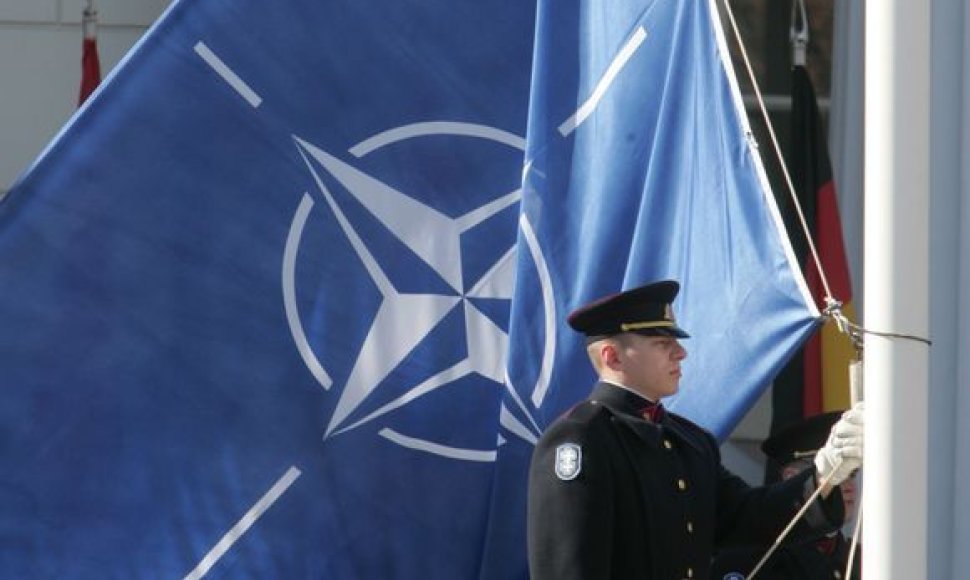Lithuanian Foreign Vice-Minister Vytautas Leškevičius said at the meeting that the country couldn't understand the maneuvers by Moscow, which Russia has described as a s response to NATO missile defense system.
"We stated our fears and our failure to understand Moscow's maneuvers to increase its attack munitions in Kaliningrad. We see no strategic or defense sense in this," the vice-minister told BNS after the meeting on Tuesday evening.
"This should be viewed as a political signal to Russia's neighbors that are members of NATO," Leškevičius said in the telephone interview.
Kaliningrad, a Russian exclave wedged between Lithuania and Poland, is getting a surface-air-type missile system S-400, Russia has also warned of the possibility of deploying an Iskander missile system.
In Leškevičius' words, Russian Foreign Minister Sergey Lavrov, who was present at the meeting, “did not provide any specific answers but, this time, also didn't make any counter-critical remarks."
The diplomat said it was important to Lithuania that the NATO-Russia agenda for 2013, which was approved on Tuesday, envisaged a possibility of cooperation in utilization of surplus munitions.
Russia has picked military grounds near Lithuania's borders for utilization of old explosives, causing inconveniences to people living close to the border.
The focus of the NATO-Russia council and the following meeting of officials of 28 members of the Alliance was on Turkey's request to deploy Patriot missiles for protection of its borders with Syria, a request criticized by Moscow as a traditional ally of the Syrian regime.
Other items on top of the agenda included the situation in Afghanistan, from where NATO plans to withdraw its military units by the end of 2014.
"The meeting was calm and constructive. This has not always been the case," Leškevičius told BNS.












